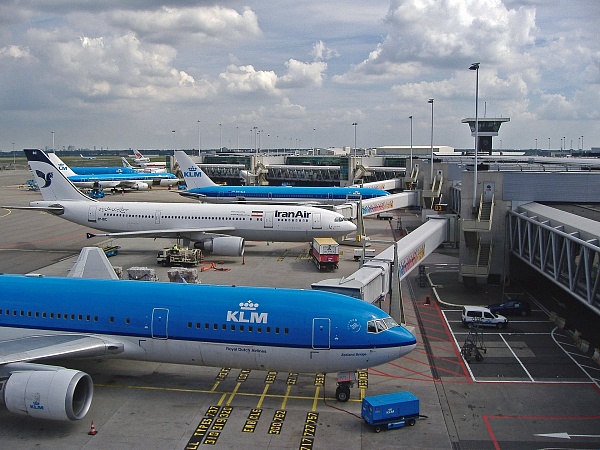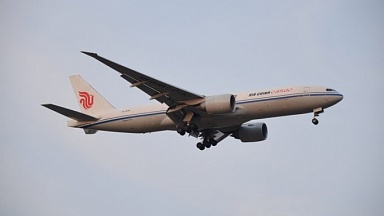Schiphol processed 1.66m tonnes of cargo in 2021 — an increase of 15% relative to 2020 (1.44m tonnes). Throughput is also up 5% relative to 2019 (1.57m tonnes).
There were 23,996 cargo-only flights. That represents a 1% rise compared to 2020 (23,782 cargo-only flights) and a 70% rise compared to 2019 (14,156 cargo-only flights).
This significant increase in cargo flights is due to temporary slots being available at Schiphol, said the Royal Schiphol Group. In 2021, Schiphol and partners in the cargo sector contributed to the transportation of Covid-19 vaccines.
Schipol’s traffic and transport figures for November 2021 showed the number of all-cargo flights has increased, from 1,180 to 1,928, compared to 2019. The Royal Schiphol Group said this compensates for the tonnage normally transported on passenger flights compared with 2019, with a total transported volume of almost 143,831 tonnes.




